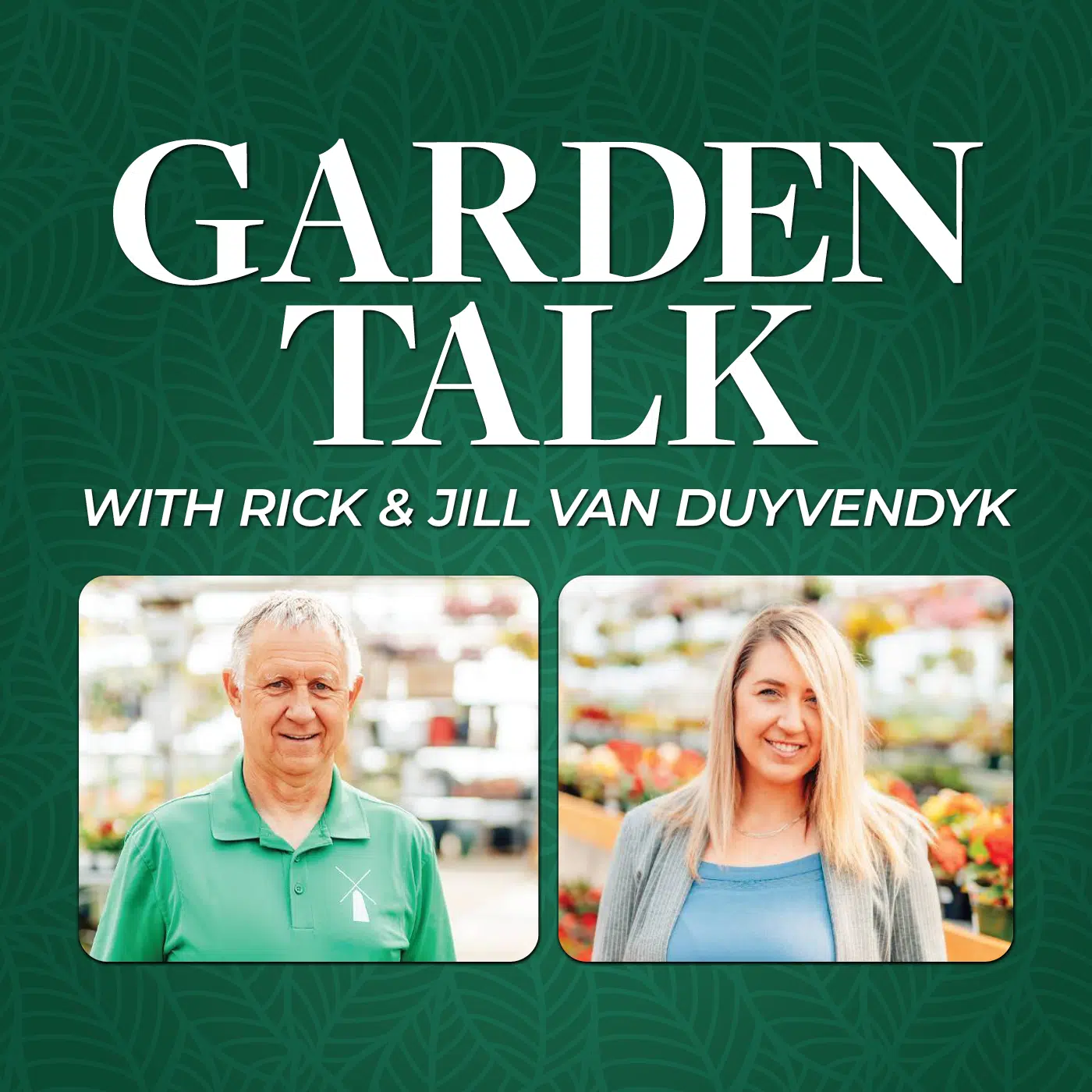As worried spouses check to see if their partner’s email is on the leaked Ashley Madison list, a Regina counsellor says their relationships may already be on the rocks.
Hardie Counselling and Brainwork Inc. counsellor Maureen Martens says those who feel the need to check, may have already lost some trust in their partner.
“If you’ve already got some doubts about whether you’re important to your partner then you are going to be looking for reasons,” Martens said.
The cheating website Ashley Madison was hacked in July by a group calling themselves “The Impact Team.” This week they made good on a threat to post account information on the Dark Web-which can be accessed via Tor browsers.
Several websites took the stolen information and created databases where people can type in an email and see if it’s registered by a user on Ashley Madison. Ashley Madison does not send verification emails, meaning listed emails might not belong to actual users of the site.
Martens compared a couple’s feelings for one another to a bank account. Partners gain love and trust in each other, and put those mental ‘deposits’ into their mind accounts.
“If that love account was full and something like this came up, then it ends up being something that doesn’t seem so huge,” she said. “But if there hasn’t been deposits into that love account and it’s empty, and then they find this out, then things are starting to seem like they’re adding up.”
Martens said in a trusting relationship, partners would not seek out the Ashley Madison email list. Those who did find out their spouses’ email was on the list through other outlets — a friend or relative perhaps — would be more open to talking it out with their partner rather than jump to conclusions.
A spouse who suspects their partner of using the site shouldn’t “bury their head in the sand,” according to Martens. She said if spouses want their relationship to be healthy and transparent, they must be willing to talk to their partner and be transparent with their own feelings.
“It’s not pointing your finger and saying ‘you did this,’ it’s about ‘this is how I felt when I saw this and we need to talk about this because it’s not okay,” Martens said.
She said couples should discuss trust issues before they fester and grow into bigger problems, and seeking help, including counselling, for an issue couples don’t know how to solve, is never a bad thing.






